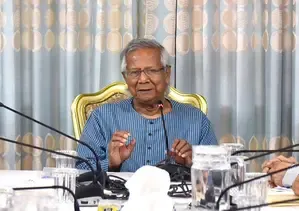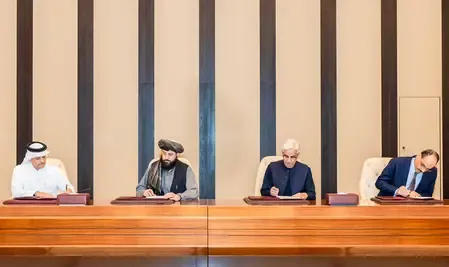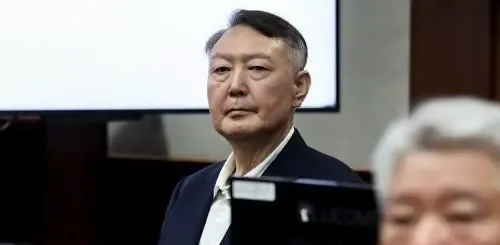Bangladesh: Experts Critique Yunus Administration's Economic Strategies

Synopsis
Key Takeaways
- Muhammad Yunus leads the criticized interim government.
- Experts claim policies are misguided and poorly timed.
- High inflation and slow growth hinder economic recovery.
- Liquidity crisis affects commercial and industrial sectors.
- VAT increases have hurt citizens' purchasing power.
Dhaka, Feb 13 (NationPress) The economic strategies implemented by the current interim government of Bangladesh, led by Muhammad Yunus, are facing significant backlash from various stakeholders.
Mustafa K Mujeri, the Director General of the Bangladesh Institute of Development Studies and a former economist at Bangladesh Bank, has highlighted that the interim government is making misguided policy choices at critical moments.
"It has been six months since the interim government assumed power. Regrettably, we have seen virtually no advancements in the nation’s financial landscape during this period. The economy has largely stagnated due to fundamental issues such as a high inflation rate and sluggish financial growth. In terms of addressing our other challenges, there has been little improvement. Consequently, the economy has yet to recover," stated a report from the prominent Bangladesh daily Prothom Alo.
The report further cited Mujeri as saying, "There is a prevalent trend in the economic policies enacted thus far by the interim government, which is the implementation of inappropriate measures at inopportune times. The repercussions of this will not be favorable in the near future."
Another report from The Financial Express, a leading business publication in Bangladesh, indicated that the interim government is grappling with serious macroeconomic hurdles, particularly in controlling inflation. The nation is contending with slowing GDP growth, currency depreciation, financial turmoil, and impending debt.
Mustafizur Rahman, an economist who has closely monitored Bangladesh's economy for decades, remarked, "It seems that the economy has fallen into a vicious cycle."
He referenced the government's approach of pursuing a contractionary monetary policy, which has raised the cost of funds, thus hampering private investment, as reported by the respected newspaper The Daily Star.
"The government’s decision to increase value-added tax (VAT) on nearly 100 goods and services has fueled inflation and further diminished the purchasing power of ordinary citizens. Additionally, in the financial sector, default loans continue to accumulate," he added.
Bangladesh's economy is currently facing considerable obstacles amid widespread unrest in the country since August 2024. The business sector is experiencing a severe liquidity crisis, resulting in the closure of numerous commercial and industrial enterprises. Entrepreneurs are struggling to import raw materials necessary for maintaining their operations.







